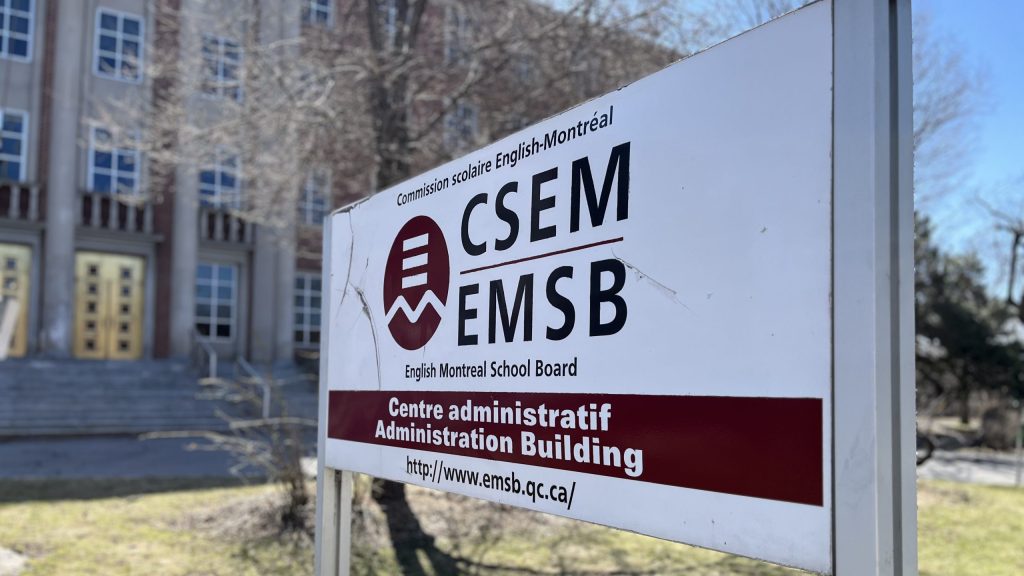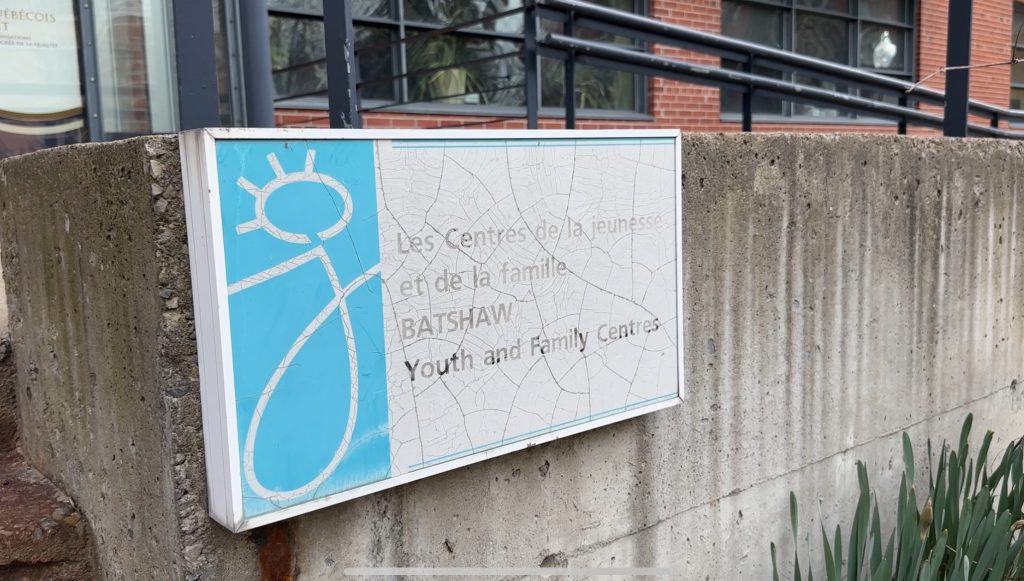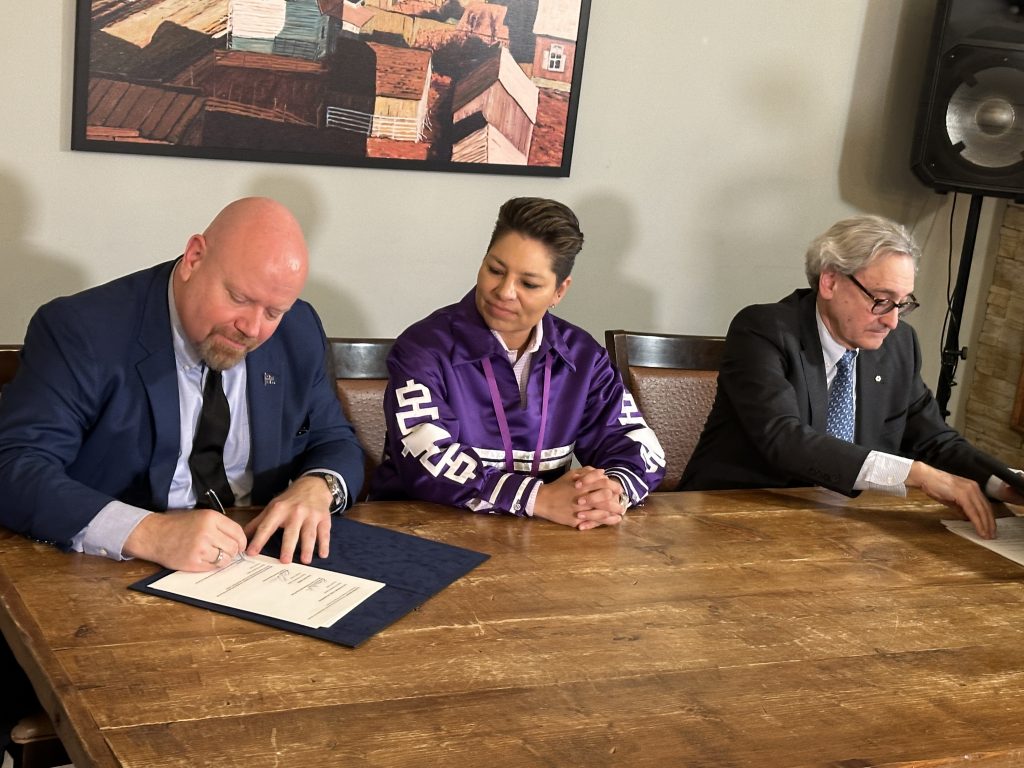Variant COVID-19 cases on the rise in young adults in Quebec
Posted April 8, 2021 6:35 pm.
Last Updated April 8, 2021 6:50 pm.
MONTREAL (CityNews) – Young people are at the heart of Quebec’s COVID-19 infections and cases are continuing to grow.
Young adults in Quebec between 20 and 39 represent the highest infection rates of all age groups within the province–nearly 30 per cent of cases.
As the province enters the third wave of the pandemic, ICU physicians say more and more young people are being hospitalized.
“We see younger people, people without any disease whatsoever, without any conditions, premorbid conditions, who are not obese, who are young, who are athletic, who do sports and who get infected, not necessarily always admitted to ICU but sick enough to be obliged to be in bed on oxygen, feel short of breath and be petrified,” explained Dr. Michel de Marchie, Attending Physician at the Jewish General Hospital.
Doctors around Montreal have said the province has seen a drop in the average age of those hospitalized from the virus, and more 30- to 40-year-olds are showing up without any previous medical history. However, the province has also seen a 47 per cent increase in cases over a week in adults age 18 to 39.
One of the main causes of the increase in cases stems from the more transmissible variants. Quebec has confirmed over 13,000 variant cases, four thousand in Montreal alone.
On Wednesday, Montreal’s Sainte Justine hospital confirmed a 16-year-old died of COVID-19 complications, becoming the virus’ youngest fatality in Quebec.
The hospital couldn’t divulge more information on the fatality – citing privacy laws. “From what I’ve heard that this 16-year-old, yes, had COVID, yes, had other conditions. Also that she was in the hospital. We have to be careful,” said Marchie.
Montrealer Giuliano Biagioni, 37, had a near-death experience with COVID-19 during the first wave. Intubated for six days exactly one year ago, he’s among the younger population to contract the virus.
“I’m living the example of worst case scenario would be. Worse than that I’d be dead,” explained Biagioni.
“The mindset I had before I got COVID myself was, ‘It doesn’t happen to people like us. Only older people. People that are sick.'”
Early on in the pandemic, Giuliano learned young people who are relatively healthy can get really sick.
He spent weeks recovering from pneumonia and blood clots in his lungs after his intubation.
“I’m still having issues in my lungs. I still have a lot of trouble breathing.”
A year later, he says it’s those in his age group – now most affected by variants – that seem to be most reckless.
“I look at my friends for example, all the people I know, some of them are not really careful still. I know people that do parties, that meet each other, they don’t respect the rules,” he said.
“And for myself, I’m scared again because what they told me: my antibodies, maybe I don’t have have that many for COVID and the new variant might get me again. I’m super scared of getting sick again because I don’t want to go back to the hospital for this for sure. It was pretty painful overall.”



